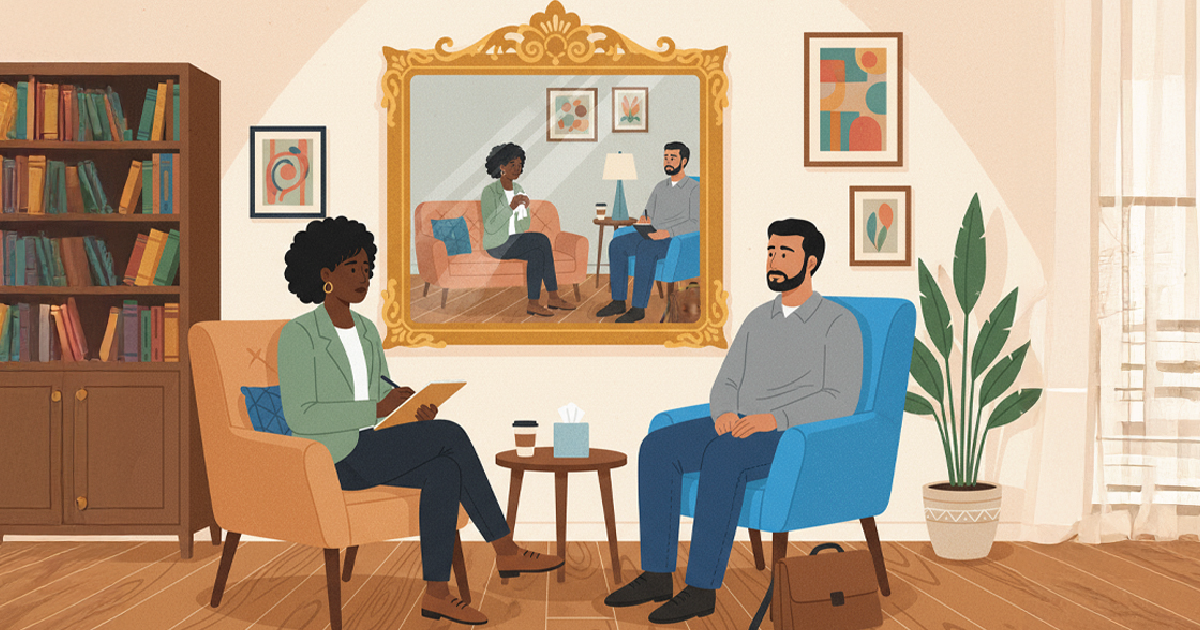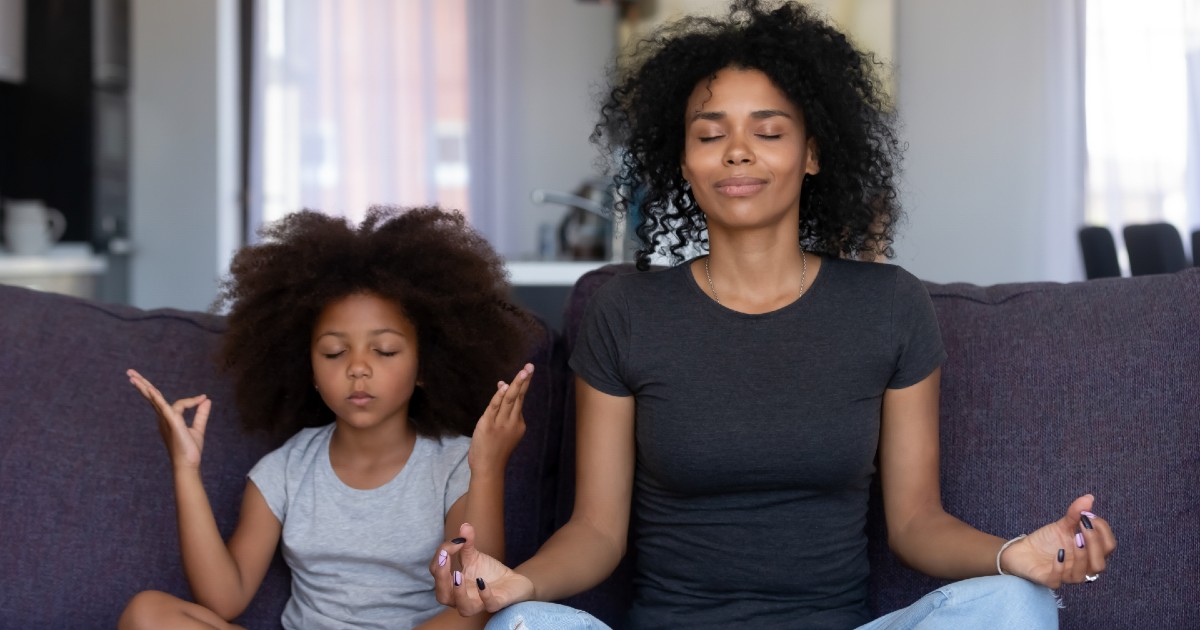Emotional self-regulating is a large umbrella phrase that describes a person’s ability to check in with him- or herself to monitor emotions and decision making. With the ebbs and flows of life, having the ability to check in with yourself and assess your emotional wellness can help improve your quality of life.
As the coronavirus crisis carries on and on, changing our daily lives and leaving the future uncertain for many, more and more people are dealing with anxiety or other mental health issues as a result. The ability to self-regulate can help you make better choices concerning your mental and emotional well-being during this unsettling time and thereafter.
What is self-regulation?
Before hopping into skills, let’s first breakdown self-regulation. The Cornell Research Program on Self-Injury and Recovery defines emotional regulation as “a term generally used to describe a person’s ability to effectively manage and respond to an emotional experience.” Emotional experiences can include a wide range of feelings from positive to negative or anything between.
Self-regulation takes place when a person is able to think through his or her emotional response and make a more calculated, healthy reaction rather than acting impulsively or making decisions that might be harmful.
A common example of preliminary self-regulating occurs in childhood. Children are at the very early stages of managing their emotions. When faced with discomfort or challenging interpersonal relationships, children may respond impulsively or have an outburst. We learn and practice self-regulation by mitigating our primary response (outbursts or impulse) and making choices as to how we respond to situations that might set us off.
Self-regulation strategies
Another way to think about self-regulation is as a skill that “allows you to act in accordance with your deeply held values or social conscience.” Generally, we don’t always have control over what happens in the world, and we don’t always have control over what happens to us individually. Self-regulation helps put you in control of how you respond to a stimulus.
Here are three practices that can help you develop, maintain, or improve your self-regulation skills:
Mindfulness
Mindfulness is a practice and state of mind that is dedicated to staying in the present moment. It involves observing what is happening around you as well as what is happening internally, including your thoughts and feelings.
In your observation, mindfulness promotes living in the moment without making judgments on your thoughts or feelings. Rather, mindfulness is more about tuning in and observing what is happening.
The American Psychological Association notes stress reduction, improved focus, and less emotional reactivity as benefits of integrating mindfulness practices into your day to day.
Define your values
Having a more defined understanding of your values can help you in your effort to regulate your emotions. If you’re looking for a way to begin this work, Psychology Today offers six ways to discover your values and what’s important to you. During tough and challenging circumstances, take a moment to make sure you’re acting in accordance with what is most important to your character and beliefs.
Consider working with a professional
You don’t have to sort out your emotions and emotional responses alone. If you’re having difficulties figuring out how to self-regulate, consider enlisting the help of a mental health professional who can assist you in taking charge of this task.
If you’re finding yourself distracted or feeling like it’s difficult to control of your emotions—whether perpetuated by the COVID-19 pandemic or during any other period—cultivating self-regulation skills can help you have better control and balance in your life. While self-regulation skills begin in childhood, we can continue to develop and fine-tune them as life’s challenges increase or change with time.
Having a better handle of these skills can help you feel more connected in your conversations, improve your focus on tasks, and help you cope with life’s frustrations. Consider integrating these skills or seeking more professional help to assist in improving your quality of life and day-to-day experiences.

Find Out More
Recent Posts




























